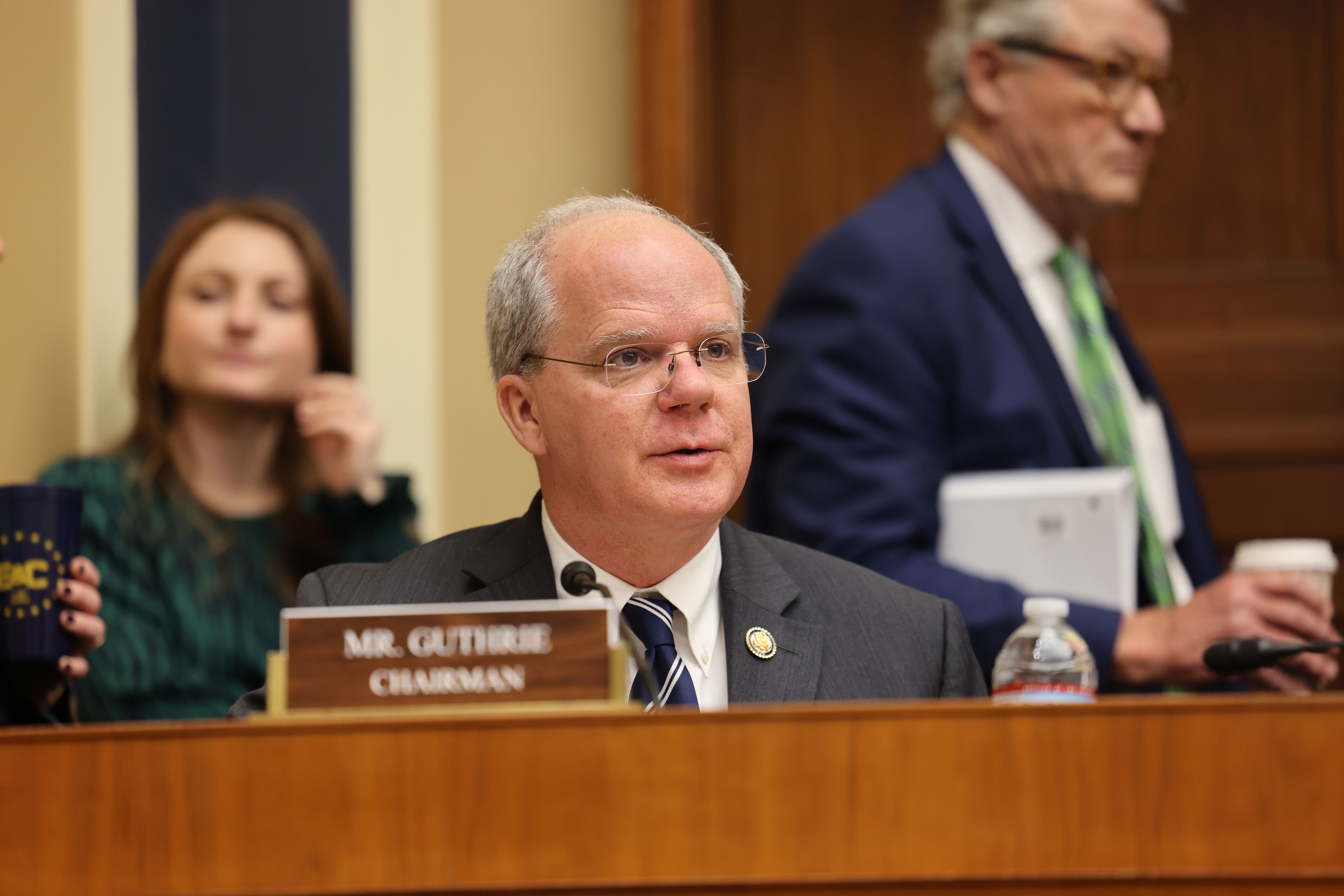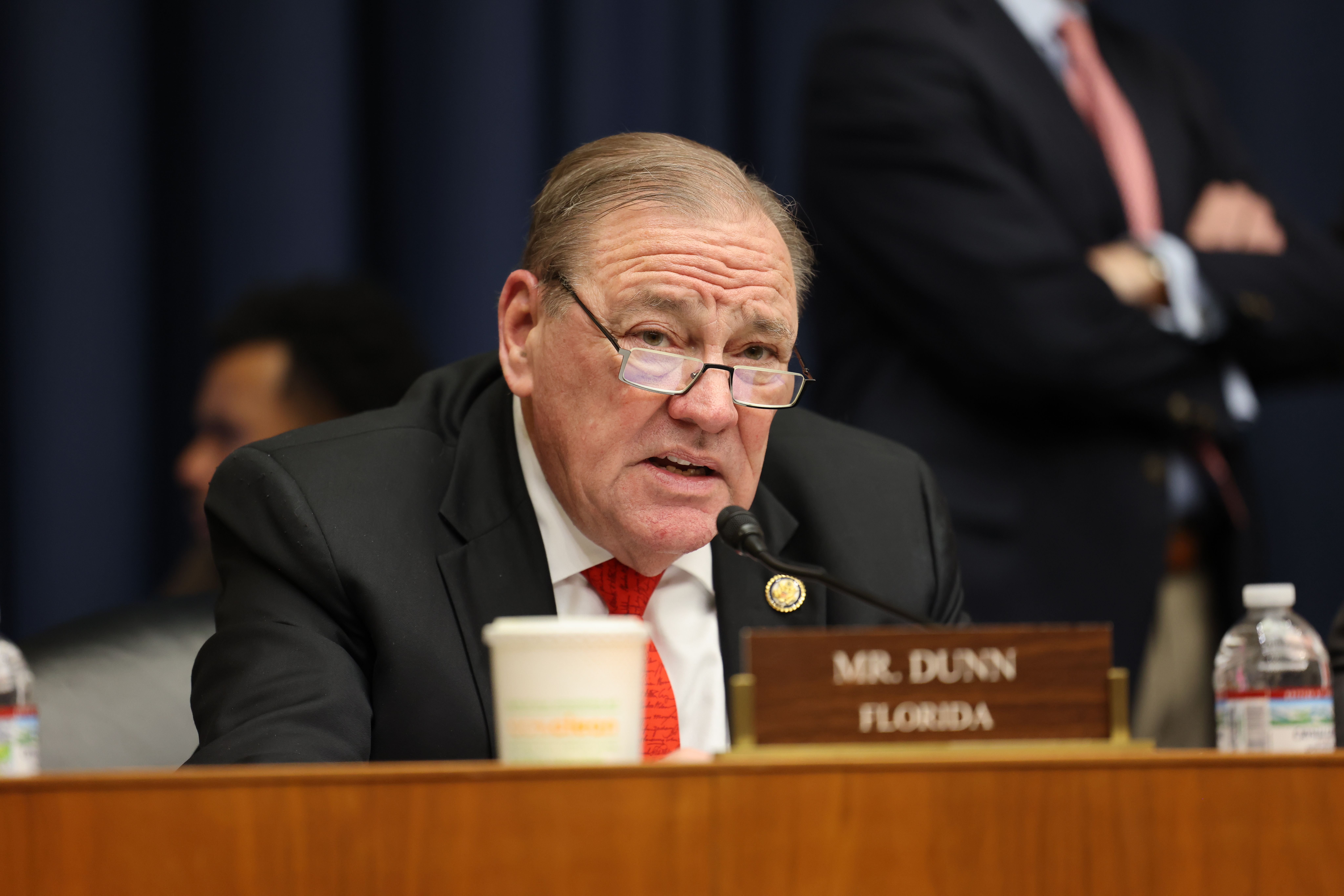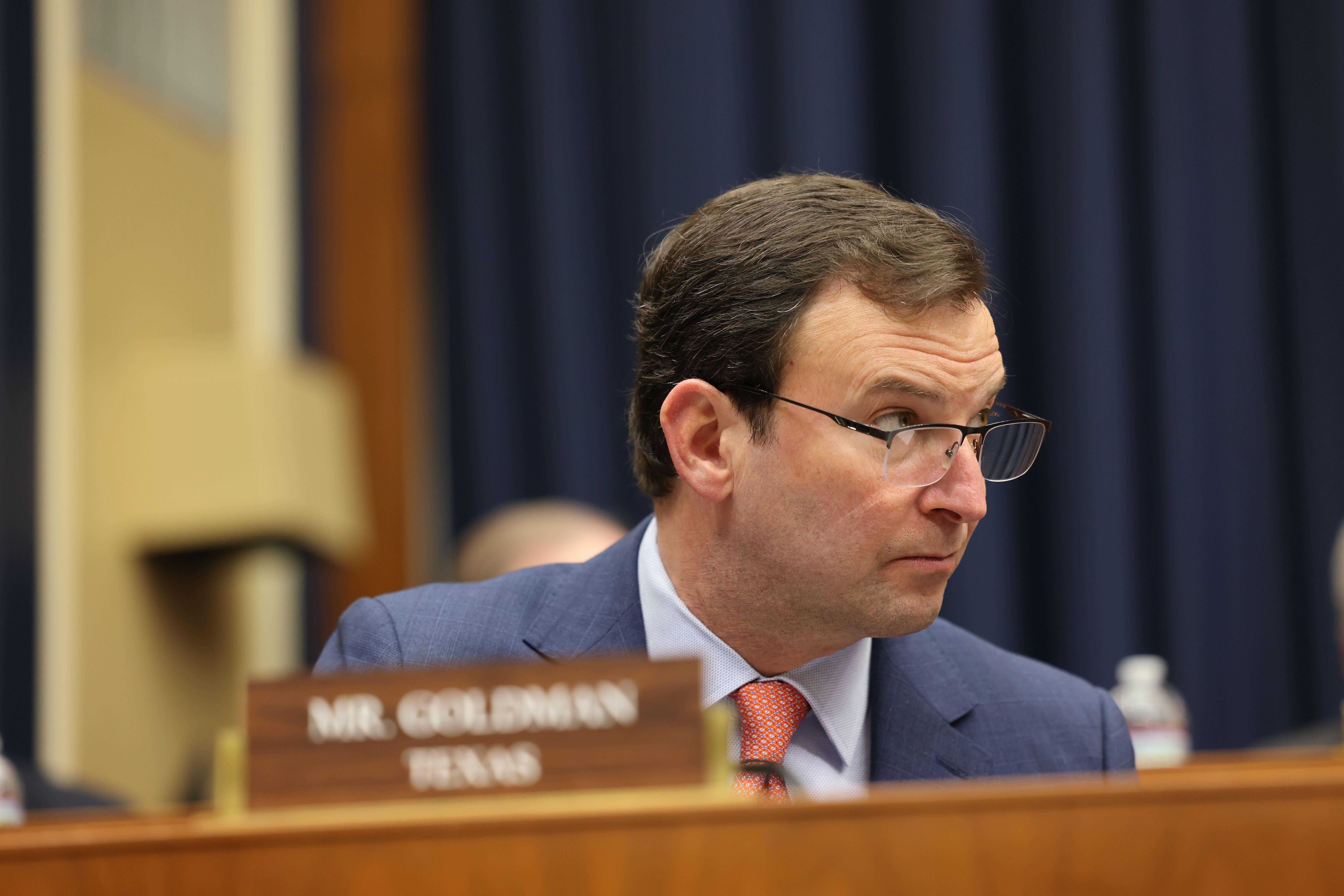Chairman Hudson Delivers Opening Statement at Subcommittee on Communications and Technology Markup of a Bill to Reauthorize FirstNet
WASHINGTON, D.C. – Congressman Richard Hudson (NC-09), Chairman of the Subcommittee on Communications and Technology, delivered the following opening statement at today’s markup of a bill to reauthorize FirstNet.
Subcommittee Chairman Hudson’s opening statement as prepared for delivery:
“Good morning, and welcome to today’s subcommittee markup on the First Responder Network Authority Reauthorization Act. I’m excited about our progress and taking this next step towards reauthorizing this important program.
“Last week we heard from a great panel of witnesses who shared their expertise and experience with FirstNet and provided input on how this legislation would improve the network and ensure it operates in the best interest of public safety.
“We heard directly from NTIA that not only is the FirstNet Board protected in statute, but they have no intention of dismantling or casting aside the FirstNet Board. It’s actually quite the opposite. NTIA relies on the Board to provide crucial expertise and direction on the needs of public safety. This legislation not only keeps the Board, but strengthens public safety’s voice by requiring 2 additional seats on the Board be dedicated to public safety.
“I want to note this vote today does not signify we’re done working on this legislation. We are continuing to gather feedback from public safety groups and stakeholders about certain provisions in this legislation, and we have a lot of work in the coming weeks to ensure that this bill is the best possible version it can be before it reaches the House floor.
“Reliable communications are absolutely essential for our first responders in emergencies. While a lot has been done to stand up this first-of-its-kind public safety communications network, there is more work to do to ensure the promise of FirstNet is fulfilled. In my home state of North Carolina, first responders have shared their frustrations about FirstNet not working during Hurricane Helene. The reforms included in the legislation before us today are intended to ensure that FirstNet delivers a reliable, interoperable communications network to our first responders and the FirstNet Authority acts in the best interests of the public safety community it serves.
“I want to thank my colleagues for their continued commitment to this issue and for their work developing this proposal. I look forward to reauthorizing the First Responder Network Authority.”


